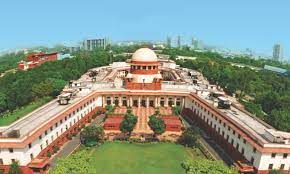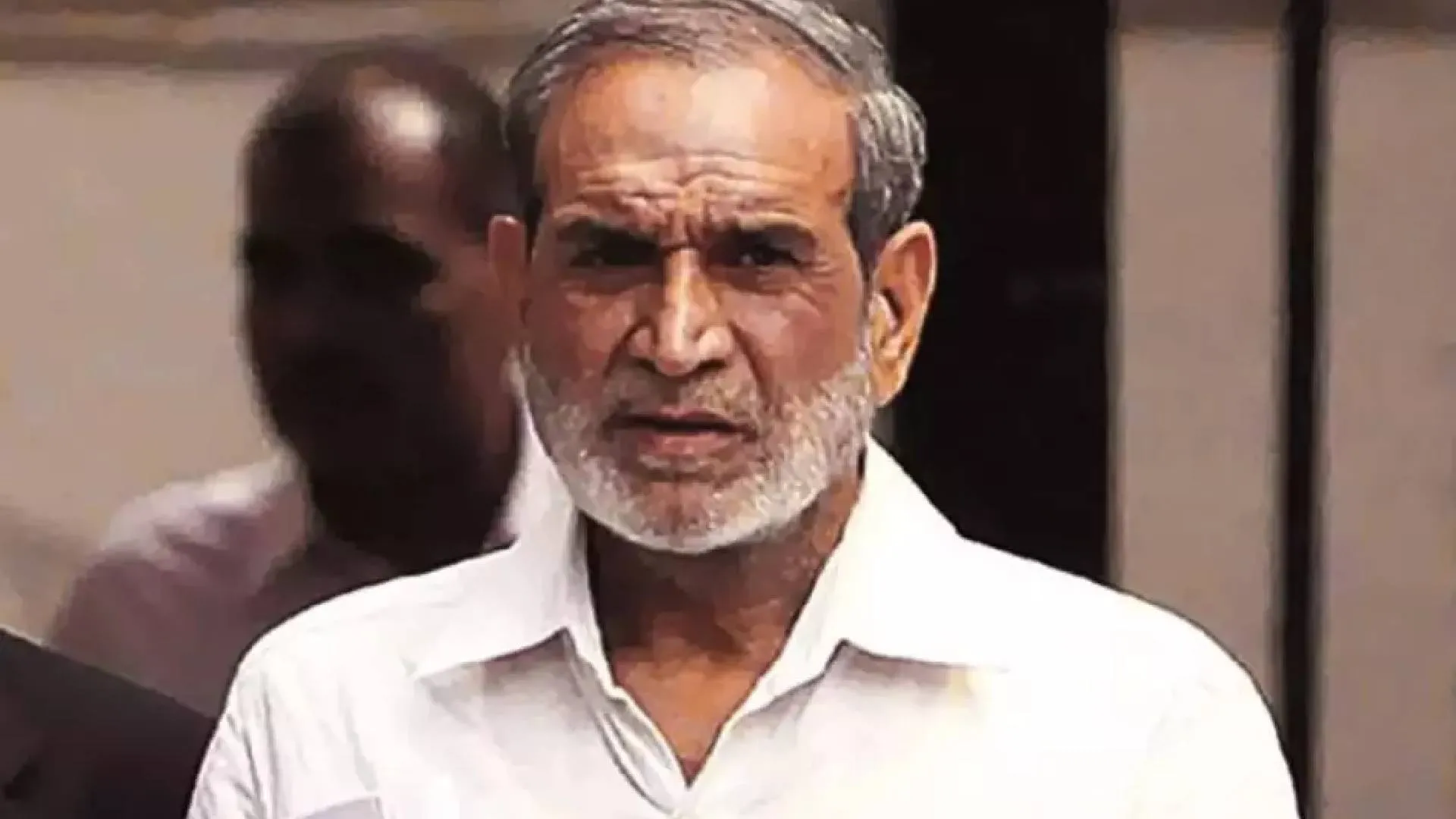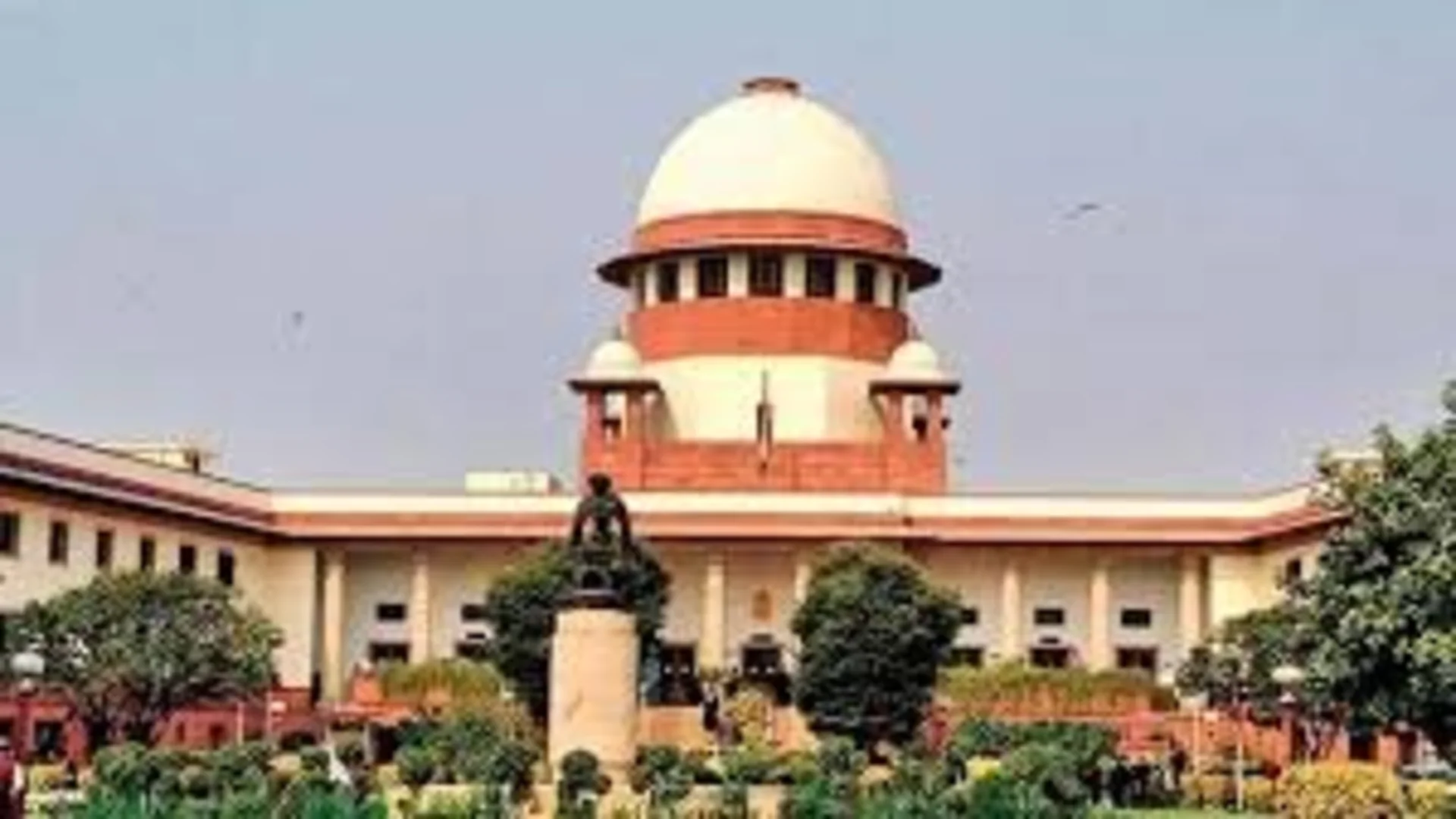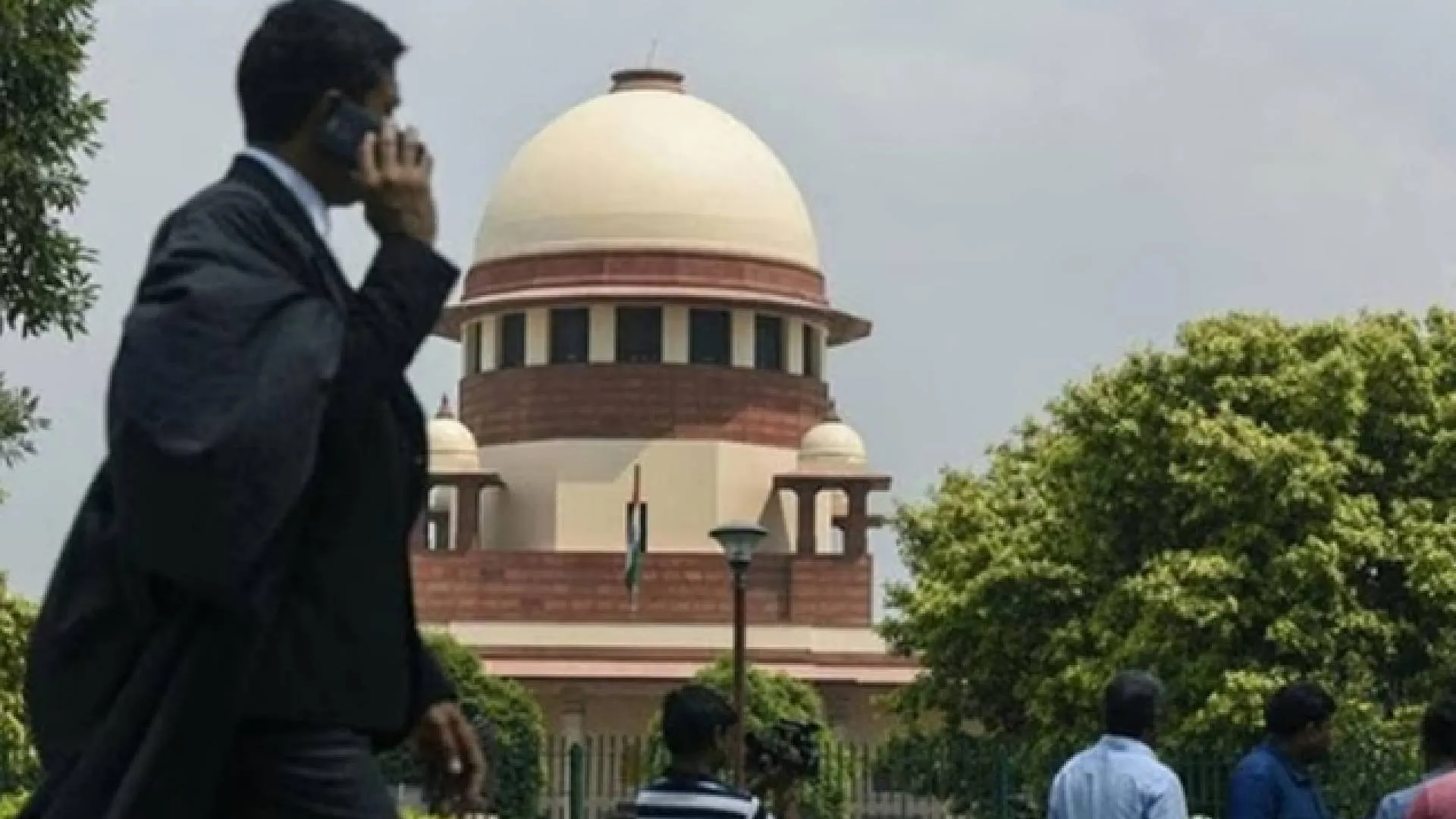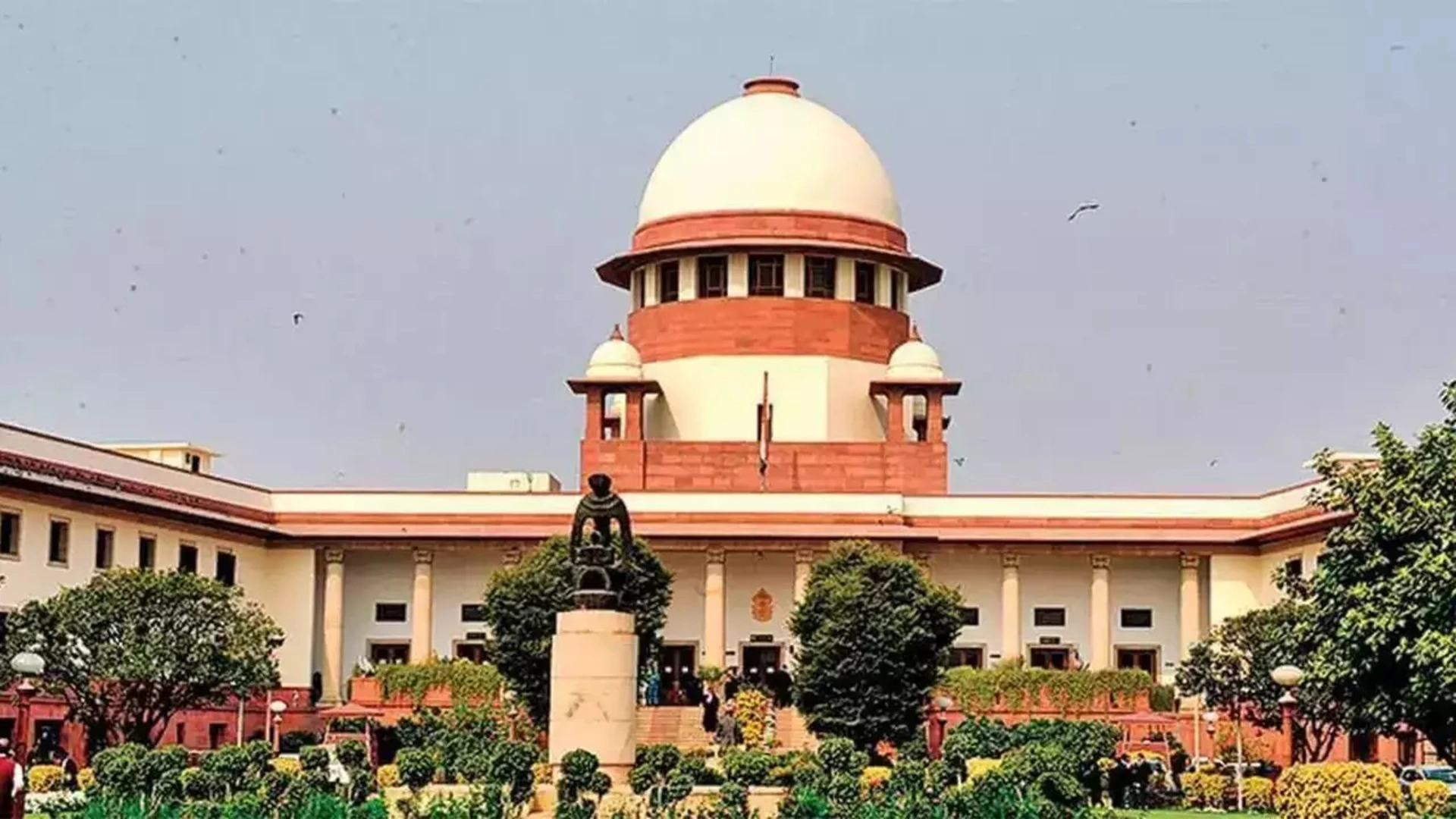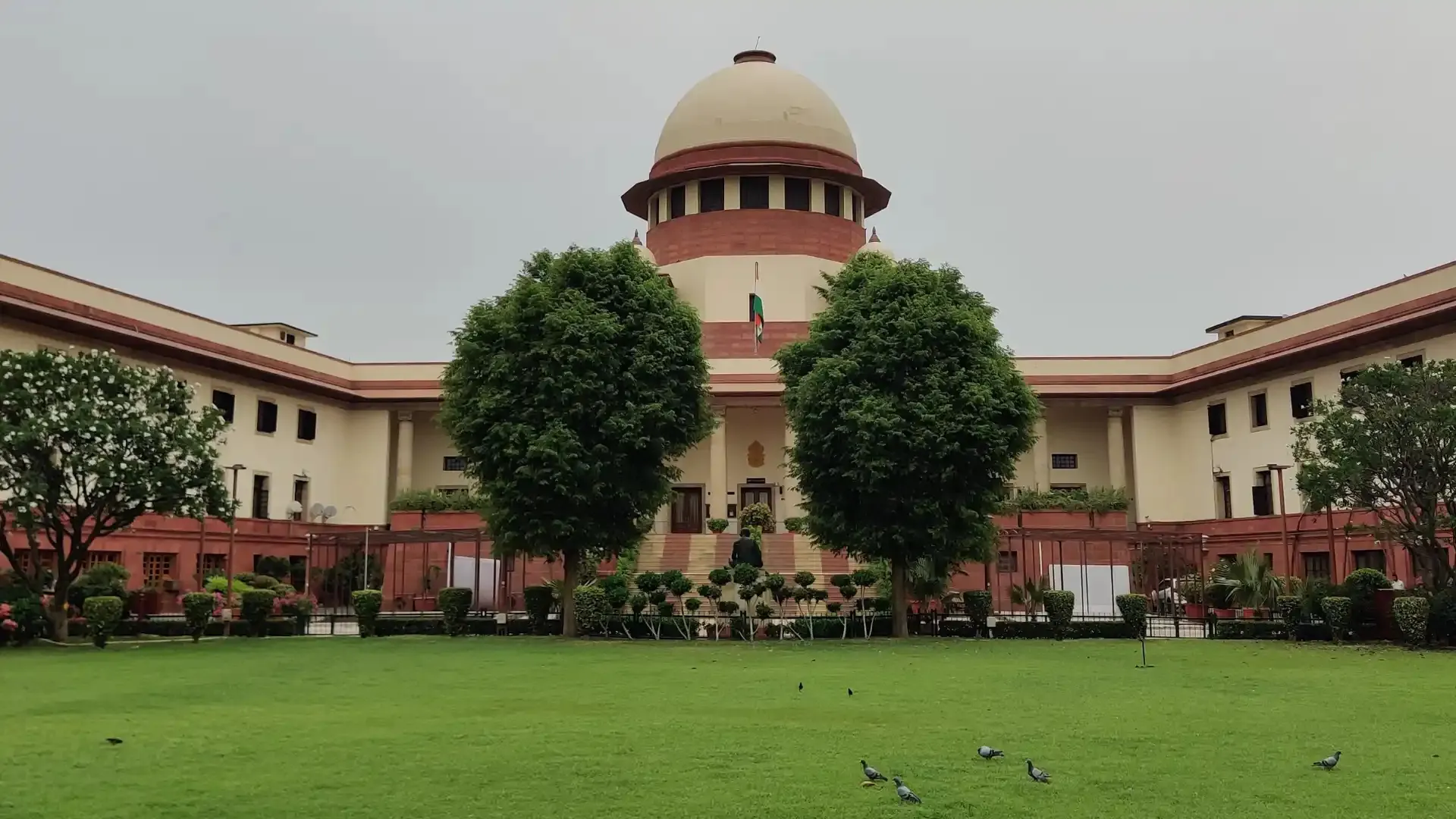The Supreme Court in the case Sanjay Upadhya Versus Anand Dubey observed and has quashed the criminal defamation case against the owner of a newspaper over an article published against an advocate.
In the present case, the defamation case was filed against the owner of a daily newspaper named ‘Sunday Blast’, based in Madhya Pradesh, for a report titled ‘Advocate ne pan masala vyavasayi par karaya jhuta mamla darj’, the advocate files false case against Pan Masala trader which is published in 2013.
The Madhya Pradesh High Court in the case observed and has upheld the restoration of the complaint, following which the accused approached the Supreme Court.
Therefore, the court observed that although the Judicial Magistrate rejected the complaint, the Sessions Court restored it.
The Supreme Court in the case observed that the Magistrate had rejected the complaint referring to the fundamental right to freedom of speech and expression guaranteed under Article 19(1)(a) of the Constitution of India.
The bench comprising of Justice BR Gavai and Justice Sandeep Mehta in the case observed that this court is of the view that news article in question was published in good faith and in exercise of the Fundamental Right of Freedom of Speech and Expression enshrined under Article 19(1)(a) of the Constitution of India.
Further, the Supreme Court in the case observed that the view taken by the Magistrate cannot be termed as ‘illegal or unjustified’ warranting an interference by the Sessions Court or the High Court.
The court while considering the facts and circumstances of the case stated that all the proceedings sought to be taken against the accused appellant in pursuance of the complaint filed by the respondent-complainant under Section 500 of the Indian Penal Code, 1860 are also quashed.

